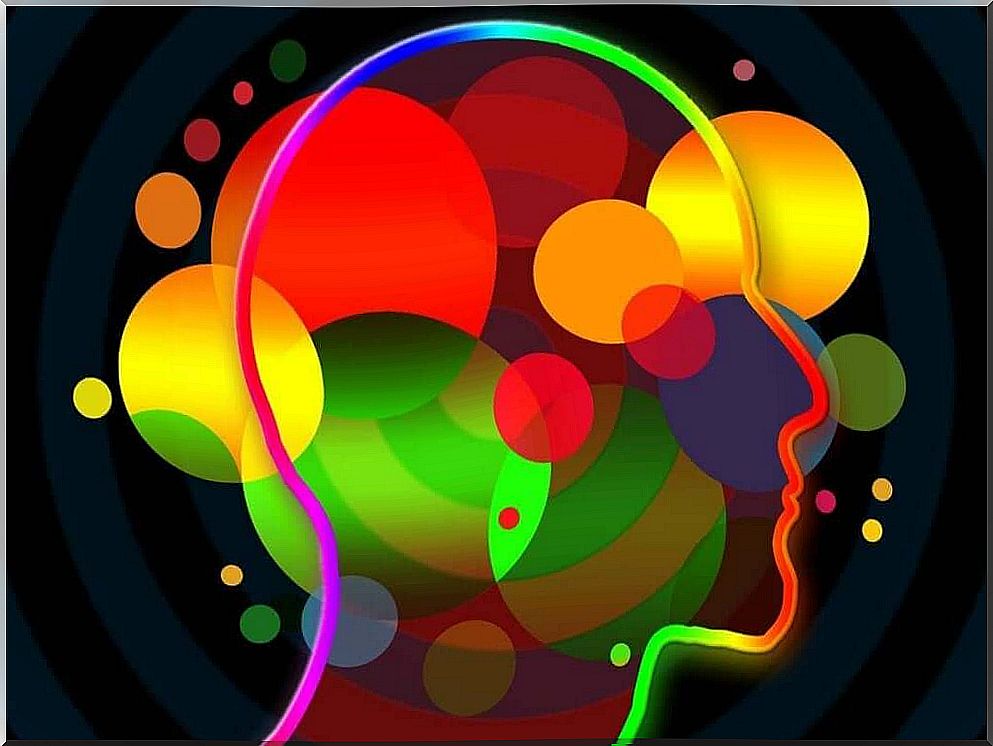What Are Socio-emotional Skills?

The aloe vera metaphor is often used to define socio-emotional skills: a resource about which, every day, wonderful new properties are discovered. It is healthy, promotes well-being and is available to everyone. In short, it is a broad set of tools that allow us to manage emotions to live in society.
So easy to understand, yet so complicated to apply in many cases. We say this for an obvious fact: competences in emotional matters remain our eternal pendant. This explains why, within education, the competence of socio-emotional skills is being incorporated as a cross-cutting area in the school curriculum.
We need today’s children to be tomorrow’s adults capable of developing positive relationships, communicating and making assertive decisions, creating environments full of empathy, emotional harmony and understanding. The efforts we make to initiate them into these types of resources will further our progress as a social group.
Children aren’t the only ones who should have skills in this area. Every adult has an obligation to improve this psychological tendon that offers so much for our well-being.

What are socio-emotional skills?
If we ask ourselves what social-emotional skills are, we could basically define them as “tools for life”. A study by Dr. Joseph Durlak, from the University of Illinois, highlights that this set of skills is the result of the combination of emotional learning provided by the family, social or school environment, and the individual’s own personal development in the area of emotions.
Therefore, a combination capable of forming children, adolescents and adults capable of living effectively in their daily lives is needed. Because those who master socioemotional skills do better at school, at work and in relationships. Let’s look at it in detail .
What are the socio-emotional skills we should all develop?
Jones, DE, Greenberg, M. and Crowley, M. (2015) point out that starting to develop social-emotional skills early does not just revert to a greater degree of social adaptation. This area goes further because it also has an impact on physical and mental health.
Let’s find out what these skills are:
- Self-awareness, which defines the ability to recognize emotions and their relationship to thoughts and behavior.
- Self control. It’s about knowing how to regulate emotions in each situation, without losing control, knowing how to adjust and adapt our behaviors.
- Social awareness, which defines the ability to take into account the reality of others, to connect with others.
- The ability to communicate, express, know how to listen and solve problems is another indisputable pillar.
- Decision making is another key element of socio-emotional skills.
- Setting goals that are realistic, positive and capable of increasing our level of achievement is also decisive.
- Last but not least, it is also critical to develop the ability to build healthy, positive and happy relationships.
Why are they important?
Research work carried out at the University of Pennsylvania by Dr. Damon Jones demonstrated that children trained from age 4 in socio-emotional skills performed better throughout their academic life. In addition, these benefits also extended into adulthood: better job satisfaction, better relationships, well-being, etc.
The benefits of developing these skills are manifold:
- Perseverance increases when it comes to achieving goals. When we put emotions in our favor, our abilities improve.
- Friendship, work, family and affective relationships are more satisfactory.
- We solve problems more effectively.
- Coexistence is always better with people who know how to manage their emotions and who also connect with the emotions of others.
- We better define the limits, increase self-esteem, self-efficacy and self-control.
- We create more empathetic environments and therefore more humane.
- Aggression indices are reduced.
- Stress and anxiety decrease.
- The best socio-emotional skills favor, as we have already pointed out, mental and physical well-being.

How can I improve my skills in socio-emotional issues?
It is common for the scope of socio-emotional skills to be directed, above all, to the educational field. We know that children and teenagers need to master this area from an early age.
Now… what about adults? Maybe we’re too late? The answer is no. It is never too late to improve this psychological tendon that is emotions.
The secrets to initiating or strengthening our socio-emotional skills a little more are in working on the following questions:
- Know yourself. Discover your limitations in this area: Are you one of those who lose control? From those who don’t know how to reach agreements, communicate, connect with other people? Is it difficult for you to identify your needs and feelings? First define what your shortcomings are in this area and that will be your starting point.
- As Goleman points out, you must channel your emotions to a more productive end. So far, this area may have only caused you stress and anxiety. Emotions must be oriented towards your well-being. Therefore, it is essential that you keep them in mind as of today. If something bothers you, find the emotion behind it (sadness, anger, frustration…). Name each feeling and give it space, recognize it, and understand what it wants to tell you.
- There is always time to improve your communication, empathy and assertiveness skills.
Finally, don’t forget that we live in society, in social groups, and we are obliged to take care of ourselves, to understand ourselves, to create more liveable, happier and more productive environments.
Change is part of each of us. With will and commitment, we can create a more empathic reality, in which we understand that mastering and understanding emotions translates into quality of life.









